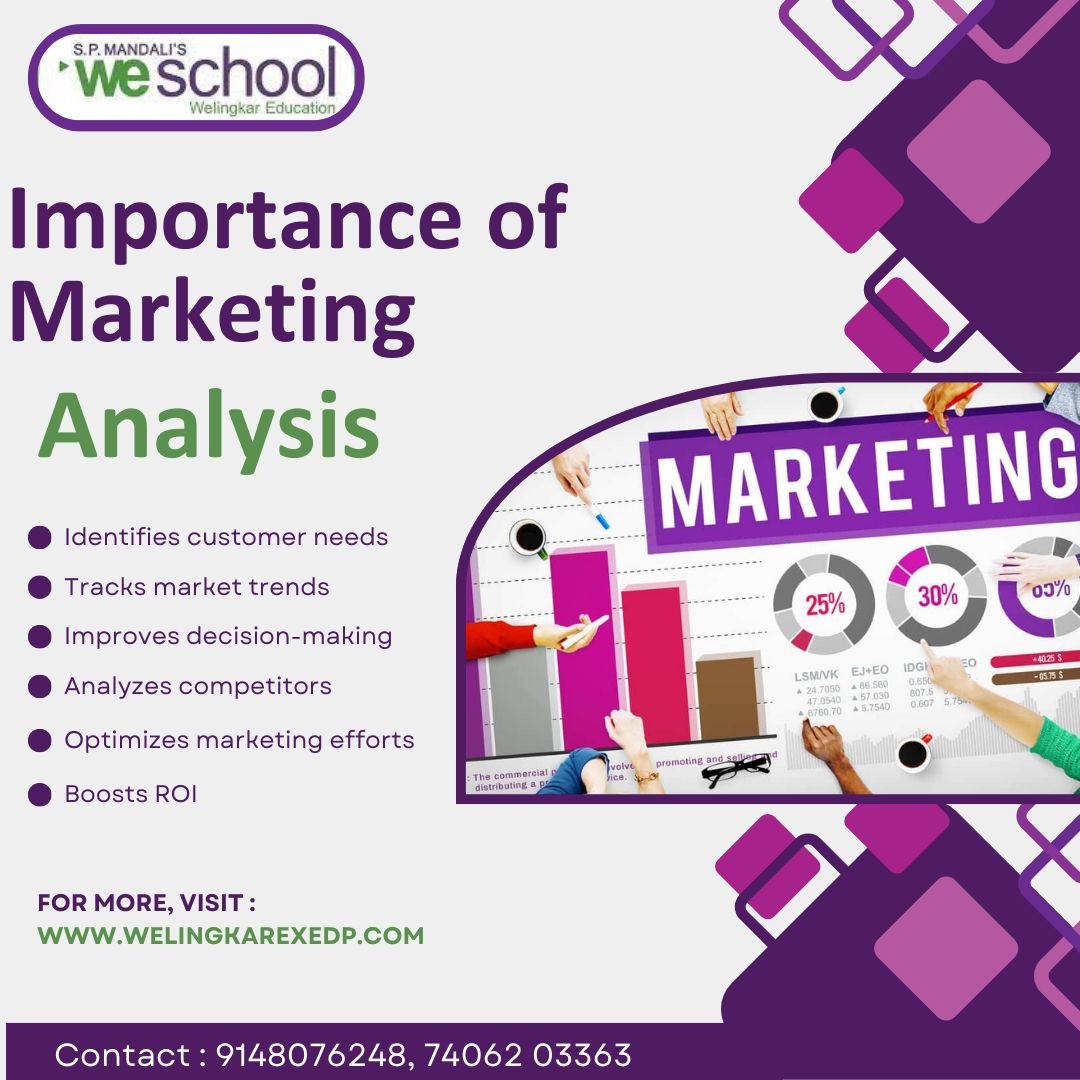The Executive Education Management Program (EEMP) at WeSchool: Building a Path to General Management Success
Why should you enrol for the Program?
As the business world continues to evolve and face new challenges, it’s becoming increasingly important for managers to have a broad range of skills and competencies that allow them to navigate the complexities of the global and local business environments. That’s why WeSchool has developed EEMP, a comprehensive program that is specifically designed for executives who are on the cusp of transitioning from functional to general management roles.
Program Design
- Tailored for Working Professionals
– The program is designed to accommodate the schedules of working executives.
- Combination of Theory and Practice
– The course structure focus on blending academic knowledge with practical experience.
- Wide Range of Topics Covered
– Listing of the various topics covered in the program, including:
– Managerial Economics
– Business Law
– Corporate Finance
– Cost and Management Accounting
– Supply Chain
– E-Commerce
– Stakeholder Management
– Business Analytics
– Design thinking & Innovation
– Project Design & Project Management
– Managing Disruptive Changes
– Emerging Technologies
– Strategic Decision Making
– Introduction to AI, ML
- Industry-Academia Collaboration
– The program leverages the expertise of both industry leaders and academicians.
Teaching Methodology:
The program is delivered by industry leaders and top-notch academicians who focus on application-based teaching. The industry-academia blend is the bedrock of all Management Development Programs at WeSchool, and the Executive Education Management Program is no exception to this.
Experiential Learning:
While capstone projects, case studies, role-plays, mentorship and guidance are world-class, what sets the program at WeSchool apart is the Simulation Game which enables application-based experiential learning.
Key Components
- Capstone Project
- Explanation of the final project that ties together all the knowledge and skills learned throughout the program,
- Simulation Game
- Overview of the interactive game that allows for hands-on, experiential learning,
- Case Studies
- Explanation of how real-world scenarios are used to bring the concepts to life,
- Role-plays
- Overview of how participants can practice and apply their skills in simulated scenarios,
- Mentorship
- Explanation of the one-on-one support and guidance provided by experienced professionals.
Benefits
- Hands-on, Experiential Learning
– Explanation of how the program allows for direct application and practice of skills.
- Networking Opportunities
– Explanation of how the program provides opportunities for participants to connect and collaborate with peers and industry leaders.
- Relevant and Practical Knowledge
– Explanation of how the program covers relevant and practical topics that can be immediately applied in the workplace.
- Improved Career Prospects
– Overview of the potential impact the program can have on advancing participants’ careers.
Conclusion
Final thoughts and recommendations on why the EEMP program at WeSchool is a valuable investment in career development.
The 11-month Executive Education Management Program (EEMP) at WeSchool is designed to help executives develop the critical skills and competencies needed for success in the rapidly changing business environment. With a focus on hands-on, experiential learning, the program covers a wide range of topics and features a combination of academic knowledge and practical experience.
Taught by industry leaders and top-notch academicians, the program is tailored to accommodate the schedules of working professionals and includes components such as capstone projects, simulation games, case studies, role-plays, and mentorship opportunities.
By leveraging the expertise of both industry and academia, the EEMP program at WeSchool provides participants with the practical knowledge and skills needed to succeed as general managers. With its combination of real-world relevance, hands-on learning, and networking opportunities,











